Four Post-lockdown Ways to Support Our Children in their Return to ‘Normality’
By
4 years ago
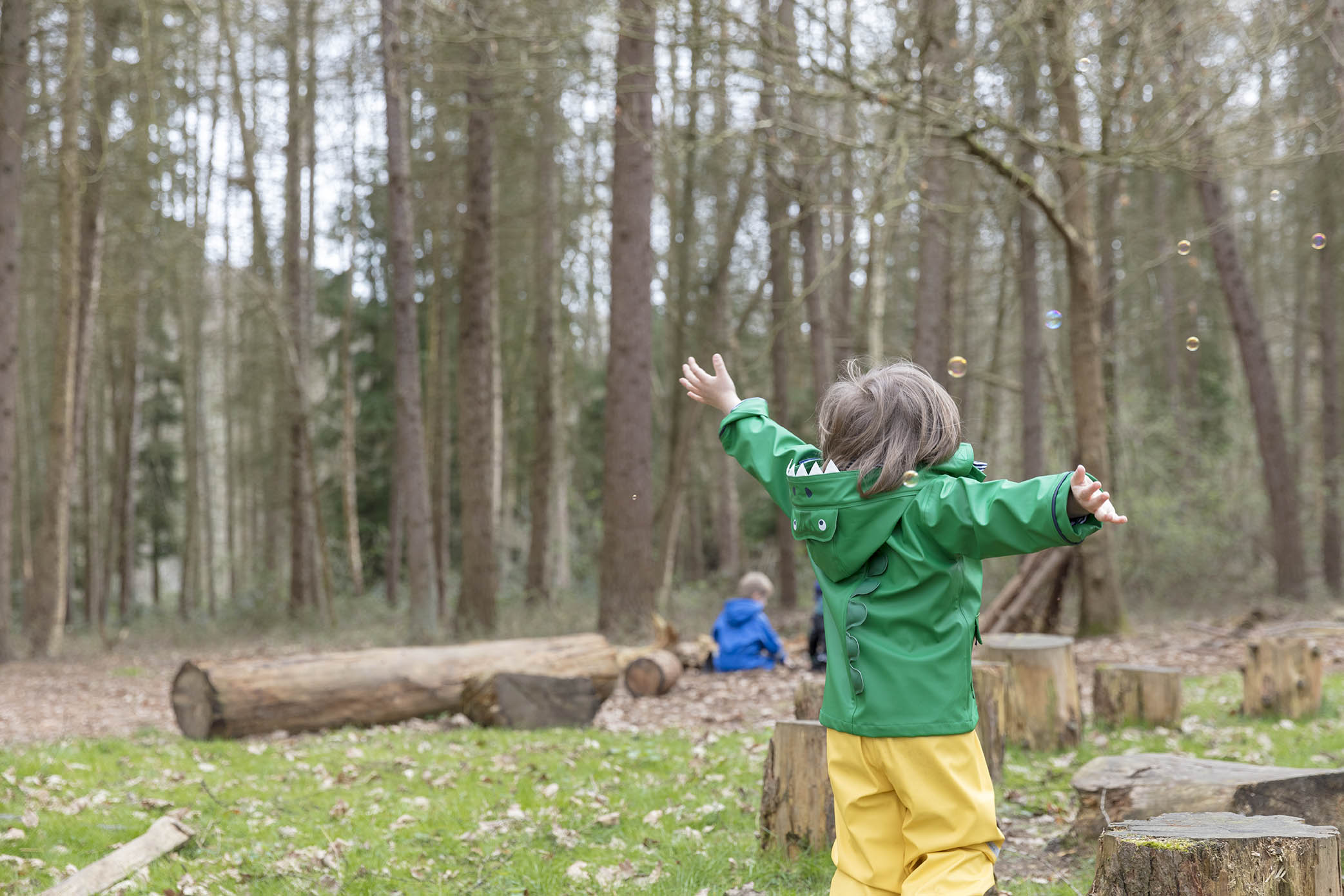
Anneke Theron, Lower School Counsellor at ACS International School Cobham
We have all felt the strain of Covid-19 over the last year, with many concerns in particular about the potential long-term effect on our children and young people. With somewhat of a roadmap now as to how life will be over the next few months, we can start taking control by looking at ways to support our children’s wellbeing during this important phase of their journey back to ‘normality’.
While the lost time at school most certainly has a great effect on the academic growth of our learners, this is not my primary concern. Instead, I worry most about the millions of informal opportunities for real interactions that our children have missed out on. I grieve for the hundreds of playtimes missed, the opportunities for taking turns that couldn’t happen, the waiting in the lunch queue, working through playground conflicts, missed collaborative work and endings that were never possible to facilitate.
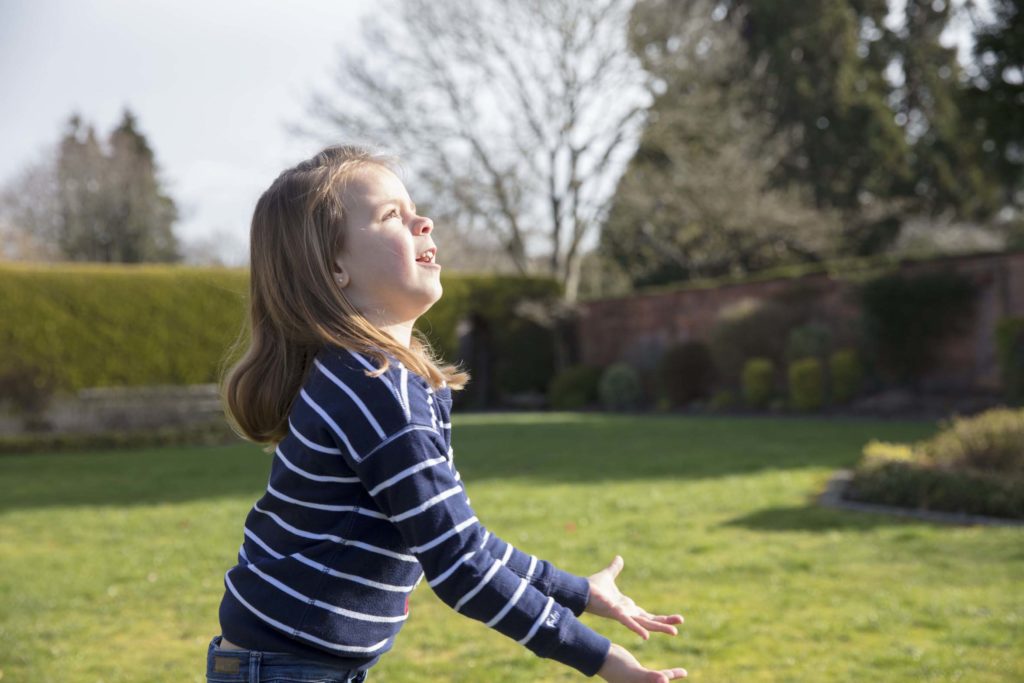
It would be very hard to quantify these losses for our children, but what we can do now is to thoughtfully plan for a balanced Covid-recovery process with the needs of our children and young people in the forefront of our minds. Let’s look at a few ways that we can support them as we return to school and resume some parts of ‘normal’ life.
- Play is a powerful vehicle for processing trauma
In our standard-based and success-driven society, the importance of free play is still vastly underestimated. Due to a number of factors, free play has declined dramatically over the last couple of decades. Prof. Peter Gray remarks that play has become more structured and is increasingly linked to adult-driven outcomes. Children are spending less time outside and are also less likely to meet up informally with other neighbourhood children due to parents’ safety concerns, increased time spent on screens and an increase in after-school activities. One of the positive outcomes of the pandemic may be that children and families have re-discovered some simple joys in life by being forced to find alternative ways to spend time together, like family walks and woodlands play.
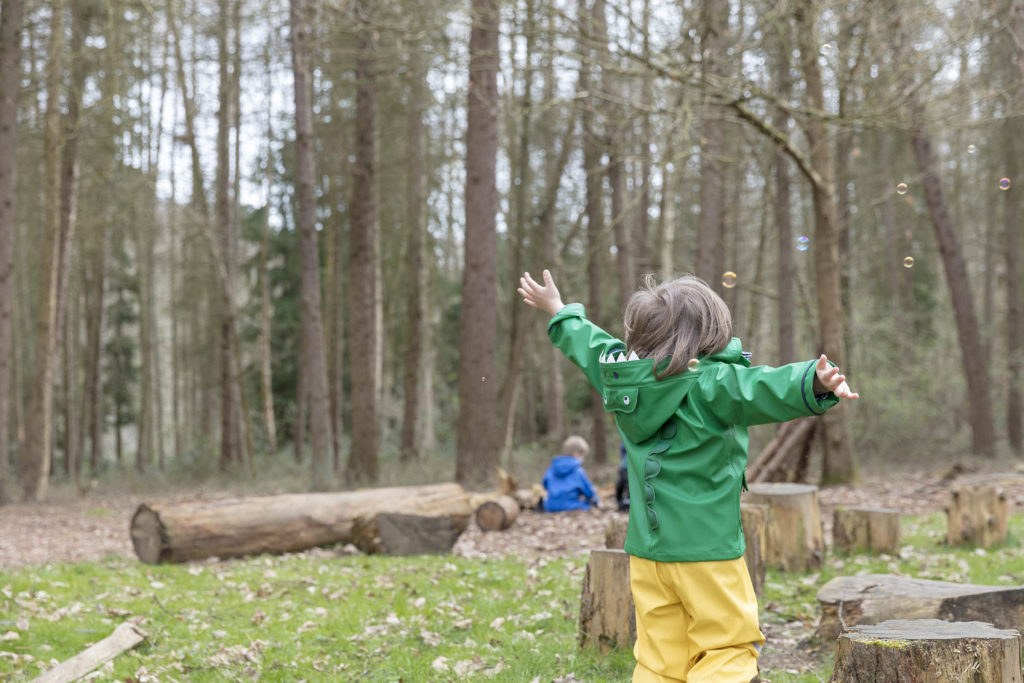
Among the many well-researched benefits of free play, it gives children the opportunity to process and work through difficult experiences in an environment where they are in control. As Covid-19 has sadly hit the very core of our children’s (and our own) worlds by depriving social contact, I believe that we will thoughtfully have to create opportunities for our children to work through these experiences and make up for the social contact and play opportunities that they have lost.
In the meantime, it can be helpful to remember that people of all ages can benefit from play and parents can tap into that ‘natural child-ego state’ to be a powerful substitute playmate for our children. Once a parent manages to transition from playing with their child as an obligation, to playing because they are able to authentically engage in the process, magic happens. Building forts inside or a den in the woods can be a great start!
2. Give children as many real experiences as possible
I believe that there have been significant gains to a slower pace of life as we have experienced in the last year. Children have learned other skills and benefitted from more time spent with their families.
With regards to supporting our children to engage fully in real life experiences, it is important to recognise that ‘real’ doesn’t mean ‘large’. With bigger gatherings still a long way off, we can learn that a birthday party on a picnic blanket or a family sleepover can be equally as fun (if not more) than a big party in a busy entertainment venue.
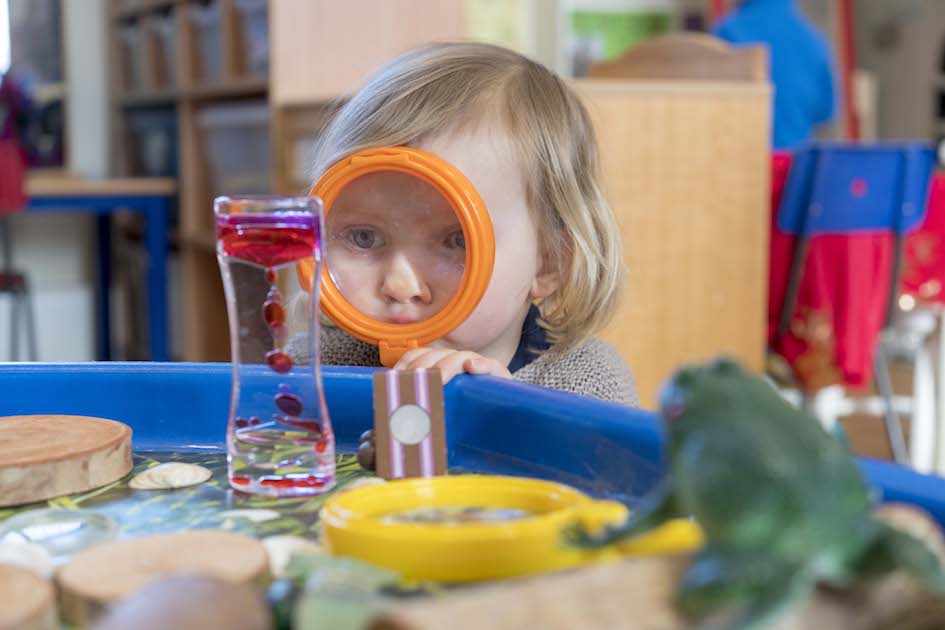
Over the next few months, we need to think about how we can create small opportunities that encourage collaboration, to make sure that children get ample opportunity to practise the very basic social skills like talking, listening, sharing, taking turns, reading body language, working through disagreements, and making compromises. These skills are also crucial to ensure that our children learn to develop empathy.
3. Minimise the use of devices and addressing ‘Zoom fatigue’
During the lockdowns, we have had to accept that much of our children’s lives, from school to extra-curricular activities, had to continue through virtual platforms like Zoom. With managing children’s screen activities an already-pressing issue for parents, it has become quite a challenge trying to keep a healthy screen balance in our homes, especially when adding to the mix the only opportunities for social interaction through video calls or gaming. Although we can hope for a much healthier balance when schools and after-school activities can resume, it may take hard work to re-establish some healthier habits around time spent on video games at home.
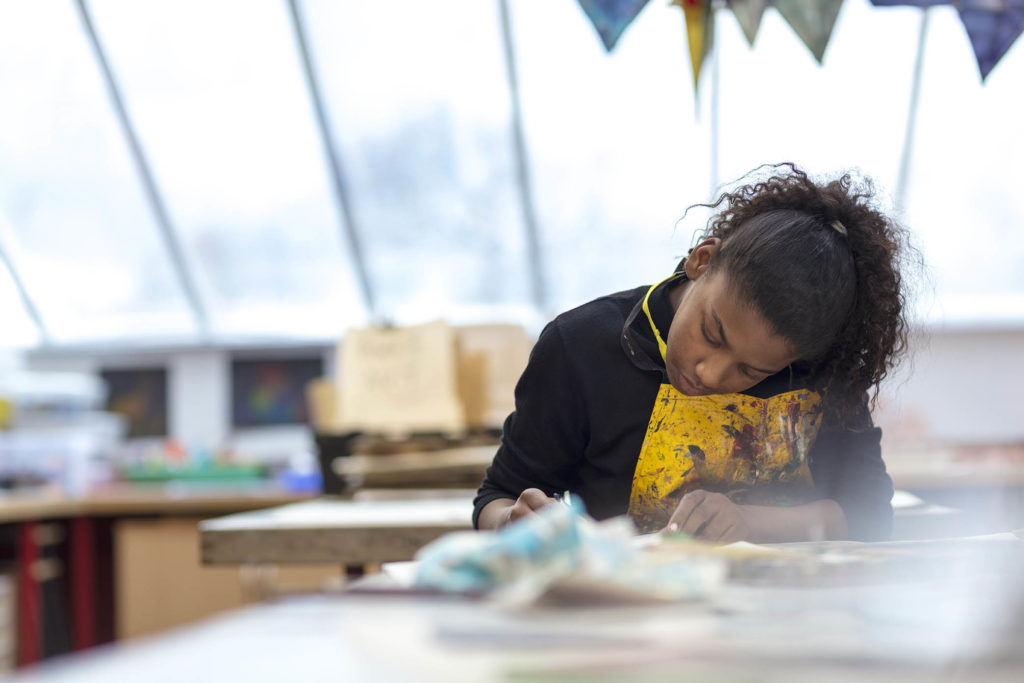
We need to acknowledge that our children are as tired as we are with Zoom fatigue and whilst it has been a temporary life saver, it is the real interactions and connections, no matter how small or seemingly insignificant, which will be of greatest benefit to us as we go forward. With this in mind, it would be helpful to limit children’s screen use to foster a healthy balance. By creating opportunities to safely interact, we can help them ‘zoom’ back into these important soft social skills.
4. Take care of yourself as a parent and a person
With Covid-19 hitting parents and families hard with pressures ranging from dealing with actual Covid-related illness or loss, worry about, and isolation from, family and friends, juggling work and supporting home schooling, it is no wonder that parents are running on empty. It is therefore reassuring that Public Health England recognises the importance of supporting parents, teachers and other health professionals with the many challenges that may emerge as a result of the pandemic. In the same way that a parent can only assist a child to put on an oxygen mask on a plane after putting on their own, parents need to understand the importance of self-care during these difficult times.
Covid-19 is still a long way from being fully over, but as we mark this difficult year, so comes the promise of spring and better days. Perhaps if we paused to think about all of the challenges that we didn’t know this past year would bring, we would also be able to notice the sunrays through the clouds and with that, hold on to the hope of a better tomorrow. May that be true as we take the first steps out of this lockdown!
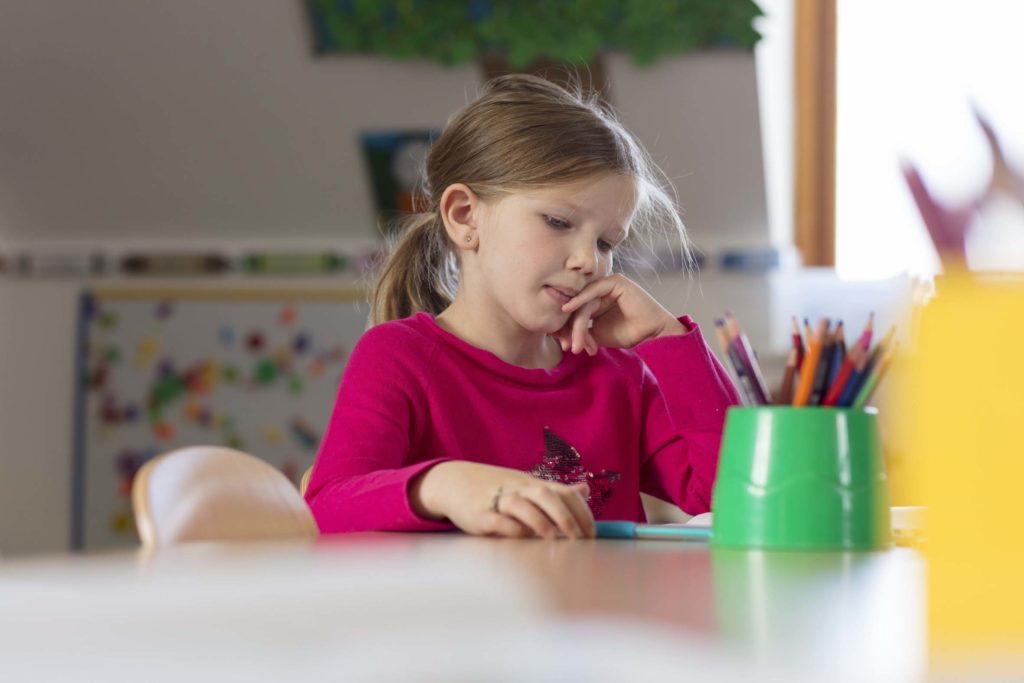
For more information visit https://www.acs-schools.com/



